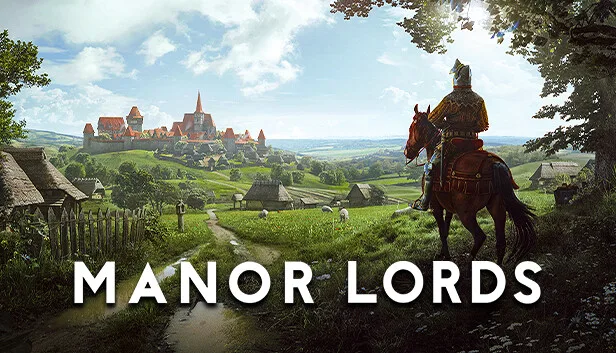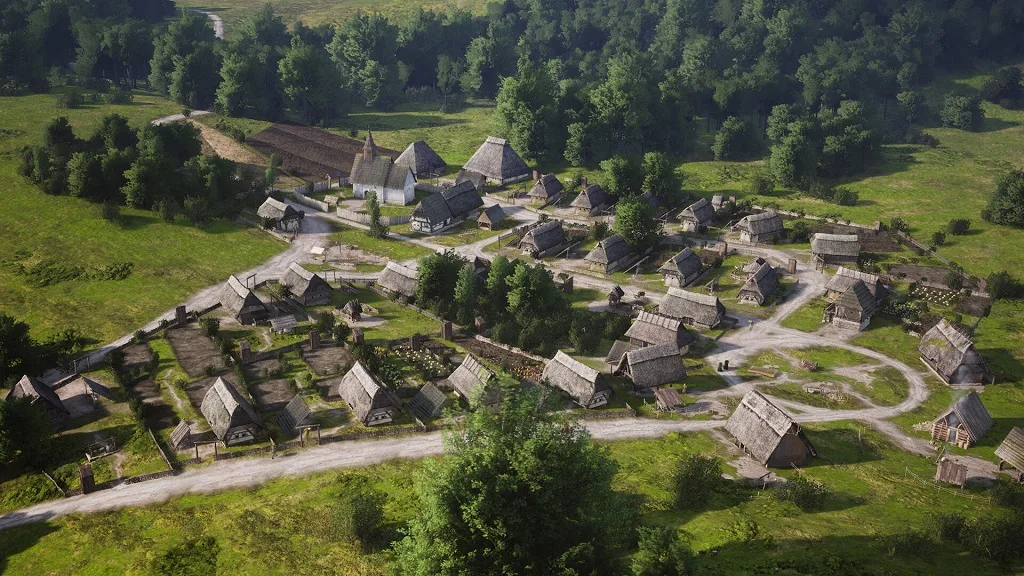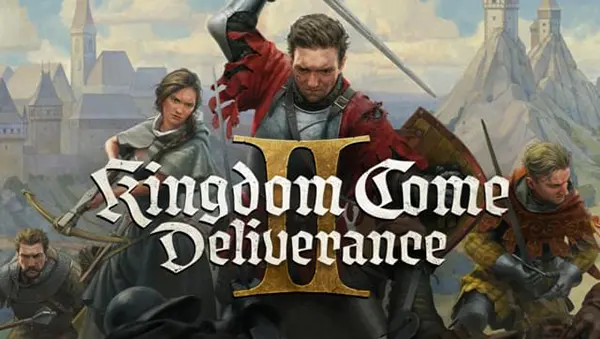
Manor Lords: A New Take on City-Building Strategy Games
Manor Lords is a unique entry in the city-building and strategy genre, blending realistic medieval building elements with intricate tactical battles. This game invites players to manage their estates, trade, and defend their territories in a realistically simulated medieval world.
At its core, Manor Lords aims to offer a blend of deep strategic planning with a strong focus on organic building. Players are tasked with creating a flourishing settlement where the layout of their towns can affect gameplay. Roads that twist realistically and houses built with historical accuracy not only add visual appeal but also impact the efficiency of your townsfolk.
Game Features and Relation to Stronghold
Manor Lords stands out with its dynamic seasons, resource management, and the real-time strategy battles that challenge even seasoned players. The game draws comparisons to Stronghold in its medieval setting and emphasis on fortification and defence but pushes further with its economic systems and realism.
Players who enjoy the economic planning of Stronghold will appreciate Manor Lords for its more detailed trade systems and the ability to influence local and regional economies. The game’s military aspects also take inspiration from historical tactics, much like Stronghold’s sieges, yet they allow for more strategic depth.
The visual fidelity and attention to detail in the game’s architecture and unit design also echo the beloved aspects of Stronghold, yet with a modern twist that utilises the latest graphical technologies.
The Game as a Parody of Anno 1800
While Manor Lords is often compared to Anno 1800, it diverges significantly by incorporating more strategic elements and less focus on industrialisation. The game parodies the complexity of city-building found in Anno 1800 by simplifying certain mechanics, making it more accessible yet challenging.
The parody elements are subtle yet present, seen in the whimsical character designs and occasional humorous dialogue that pokes fun at the often-serious nature of genre staples like Anno 1800.
Through these elements, Manor Lords acknowledges its inspirations while carving out its niche. This blend of homage and parody brings a refreshing twist to the genre, making it familiar yet distinctly unique.
Moreover, Manor Lords utilises its parody to critique and examine the genre’s common tropes, encouraging players to think critically about the mechanics of city building and resource management.
Complexity of Game Strategy
Manor Lords presents a complex layer of strategy that will test the planning and tactical skills of its players. From managing resources to defending your lordship against rival territories, the game demands attention to detail and strategic foresight.
The complexity is not just in military conquest but also in the socio-economic strategies that involve managing the needs of your townsfolk and ensuring their satisfaction. Each decision from building placement to tax rates affects the stability and growth of your estate.
The game also introduces unexpected events like plagues or trade embargoes, which require quick thinking and flexibility in strategy, adding layers of difficulty that keep the gameplay engaging and unpredictable.
These strategic elements are designed to be challenging but rewarding, as players see their estates thrive or suffer based on their governance skills.

Tips for a Beginning Player
New players to Manor Lords should start by focusing on building a solid foundation for their town. Ensuring a steady supply of essential resources such as food, wood, and stone is crucial for survival and expansion.
It’s also beneficial to experiment with different layouts and strategic placements of buildings to maximise efficiency. Observing the needs and happiness of your populace will guide your decisions and help avoid common pitfalls.
Engaging with the community through forums and guides can also provide valuable insights and strategies, which can significantly enhance the gaming experience.
Player Reception and Critiques
Since its release, Manor Lords has received generally positive feedback from players. Its attention to detail, innovative gameplay, and stunning graphics have been widely praised.
However, some players have noted the steep learning curve and the need for more in-depth tutorials to help newcomers adapt to the game’s complexities.
The blend of city-building and real-time strategy elements, while appealing to many, has also been a point of critique for those who prefer a more focused genre approach. Despite this, the overall reception has been positive, with many players looking forward to future updates and expansions.




